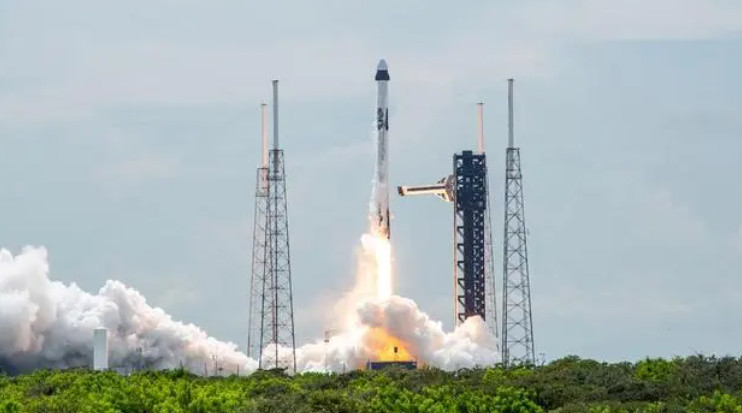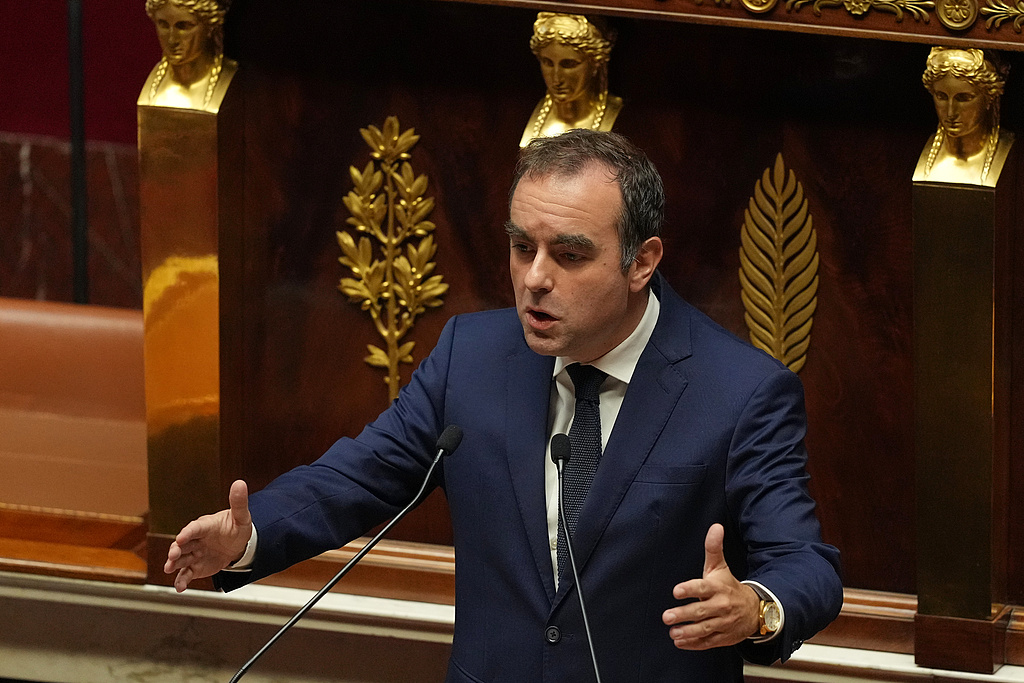
Recently, SpaceX announced the suspension of its iconic Falcon 9 rocket launch program, which has attracted widespread attention in the aerospace industry. As a pioneer in the modern aerospace industry, the Falcon 9 rocket has always been the preferred choice for many commercial and government missions due to its recyclable design and high cost-effectiveness. However, this grounding incident not only reveals the technical challenges that may be encountered in space missions, but also prompts us to re-examine safety standards and future development directions in the aerospace field.
When announcing the suspension of the launch of the Falcon 9 rocket, SpaceX pointed out that this decision was due to an abnormal situation in the ignition of the second stage during the recent launch mission. Specifically, after successfully executing the "Crew-9" launch mission, the second stage of the Falcon 9 rocket crashed into the sea as planned, but an abnormality occurred during the off orbit ignition process, causing the second stage rocket to deviate from the predetermined target area despite ultimately landing safely in the sea. To ensure safety and identify the root cause of the issue, SpaceX has decided to suspend the launch of the Falcon 9 rocket until the problem is resolved.
The second stage deorbiting ignition of the Falcon 9 rocket is a key operation for its second stage engine, aimed at improving the accuracy of rocket delivery of satellites or cargo. The success or failure of this process is directly related to the success or failure of the task. The reasons for the abnormality this time may involve multiple aspects, including the precision of the control system, the performance of the thrust engine, and the influence of the external environment.
To address this challenge, SpaceX will conduct a comprehensive investigation and analysis to determine the specific cause of the problem. This includes inspecting the hardware and software systems of the rocket, analyzing data during the launch process, and conducting necessary testing experiments. At the same time, SpaceX will also utilize multiple sensors and real-time data feedback systems used during rocket flight to process and analyze data through advanced algorithms, in order to monitor the status of the rocket in real time and identify potential risks in advance.
The suspension of the launch of the Falcon 9 rocket not only affects SpaceX's own launch plan, but also has a profound impact on the entire aerospace industry. Firstly, as one of the most important and widely used launch vehicles in the United States, the grounding of Falcon 9 may cause delays in some commercial and government missions. For example, manned missions and resupply missions to the International Space Station that were originally planned to be carried out in the coming months may be affected.
Secondly, this incident has also triggered a reevaluation of safety standards in the aerospace industry. With the increasing frequency of space activities and the growing complexity of missions, ensuring that every step of the launch process is foolproof has become increasingly important. Therefore, SpaceX and other space agencies need to further strengthen quality control and risk management to ensure the safety and reliability of space missions.
In addition, the suspension of the launch of the Falcon 9 rocket also reminds us that technological innovation and breakthroughs often come with risks and challenges. While pursuing higher performance and lower costs, we must always maintain a sense of awe towards technological risks and take corresponding measures to reduce them.
The suspension of the launch of SpaceX Falcon 9 rocket has brought certain challenges and difficulties, but with the continuous progress of technology and the expansion of applications, we believe that the aerospace field will usher in a broader development prospect.

On October 16, 2025, two "no-confidence motions" against French Prime Minister Lecornu in the National Assembly ended in failure.
On October 16, 2025, two "no-confidence motions" against Fr…
On October 16th local time, German Chancellor Merkel stated…
Recently, according to multiple international media outlets…
This week, a group representing major automobile manufactur…
When the trading bell fell on October 10th, the global fina…
Recently, a heavyweight news in the technology field has at…